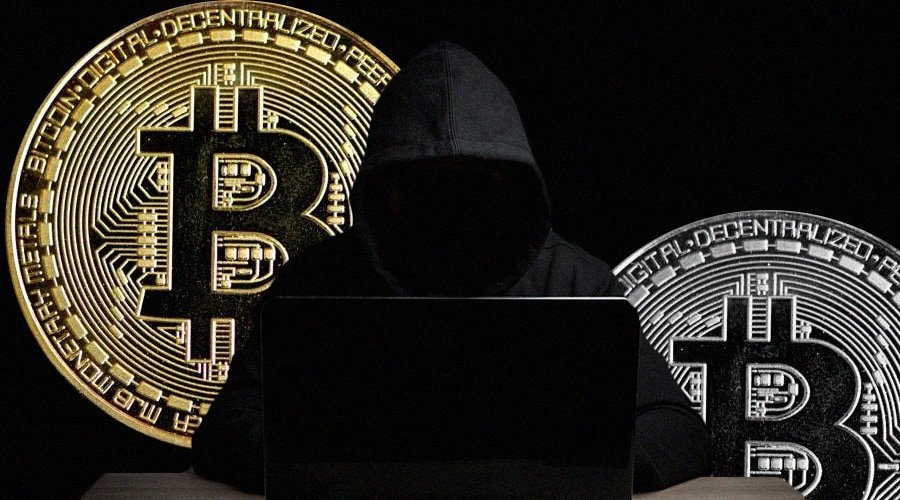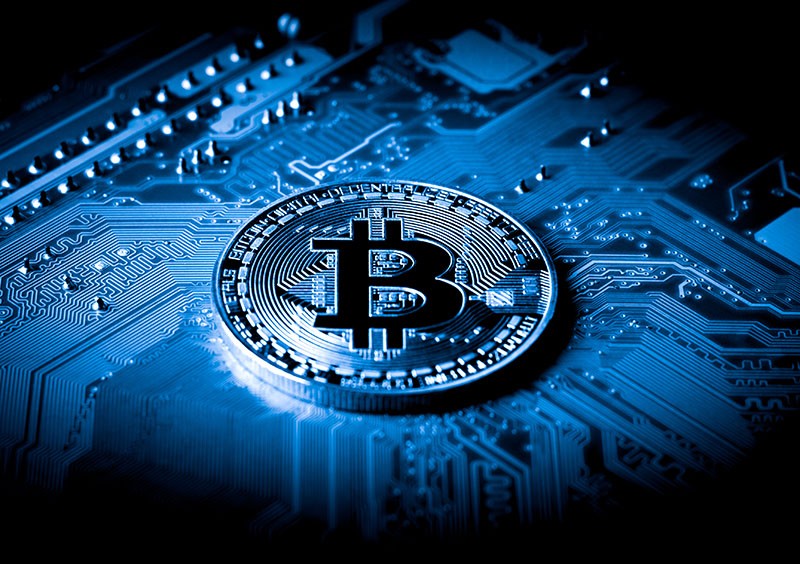
Crypto Exchanges and Wallets: The swift growth of cryptocurrencies in recent times has raised the need for safe and dependable platforms that make it easier to purchase, sell, and store digital assets. The security of crypto exchanges and wallets has grown to be a top priority for both individual investors and institutional players as the popularity of digital currencies continues to rise. Even with the progress made in security procedures, there are still many security risks in the crypto world. We explore the intricate world of security issues that crypto exchanges and wallets must contend with in this post.
Crypto Exchanges and Wallets: The Security Challenges
Importance of Security in the Crypto Sphere
Given the decentralized and pseudonymous nature of cryptocurrencies, the security of crypto exchanges and wallets is important. The security of digital assets has distinct issues due to the irreversibility of transactions and the lack of governmental control, which distinguishes them from traditional financial systems. Because of this, any compromise in the security of crypto exchanges and wallets might have far-reaching effects, including monetary losses and a decline in community confidence.
Read This : Cetoex Made Easy 8-Step Guide to Buying Crypto.
Hacking and Cyber Threats
The ongoing threat of hacking and cyberattacks is one of the biggest issues confronting crypto exchanges and wallets. Cybercriminals utilize a variety of advanced strategies, including ransomware, malware, and phishing assaults, to enter user accounts without authorization and steal their digital assets. The vulnerabilities of cryptocurrency platforms have already been brought to light by a number of high-profile security breaches, which have resulted in significant financial losses and a decline in public trust in these platforms’ security.

Insider Threats and Internal Vulnerabilities
Crypto exchanges and wallets are not just vulnerable to external attacks, but also to insider threats and internal weaknesses. Insider threats, such as those committed by staff members who have access to private data, can seriously jeopardize the security and integrity of these systems. The confidence and dependability of crypto exchanges and wallets might be jeopardized by insider trading, data manipulation, and illegal access to user data, which will have negative effects on the ecosystem as a whole.
Regulatory Challenges and Compliance Issues
The regulatory environment pertaining to digital assets and cryptocurrencies is still somewhat complex and dynamic. Since companies must deal with compliance concerns across several countries, crypto exchanges and wallets face a huge hurdle due to the lack of a consistent regulatory framework. The integrity of these platforms depends on compliance with know your customer (KYC) and anti-money laundering (AML) rules. However, because these regulations are not standardized, it is difficult for crypto companies to comply with several legal requirements while operating efficiently.

Vulnerabilities in Smart Contracts and Decentralized Finance (DeFi)
The emergence of decentralized finance (DeFi) has presented the cryptocurrency sector with additional security risks. The several DeFi protocols that are supported by smart contracts are not impervious to security flaws and code mistakes. The integrity of the whole decentralized ecosystem may be jeopardized and financial losses may result from the exploitation of these vulnerabilities. The cryptocurrency community continues to place a high premium on resolving security issues with smart contracts and DeFi platforms as the technology’s use grows.
Mitigating Security Risks: Best Practices and Solutions
It is crucial to deploy strong security measures and best practices to reduce the security risks connected to crypto exchanges and wallets. To protect user data and digital assets, these strategies include multi-factor authentication, cold storage solutions, frequent security audits, and the usage of encryption technology. Furthermore, improving user knowledge and education about security best practices helps strengthen the crypto ecosystem’s overall security posture.

In conclusion, the security issues that crypto exchanges and wallets are facing highlight the necessity of ongoing innovation and watchfulness in the sector. The industry can increase consumer confidence and trust by proactively addressing these issues and putting in place robust security measures, which will pave the path for a future where cryptocurrency is more resilient and safe.
Social Media